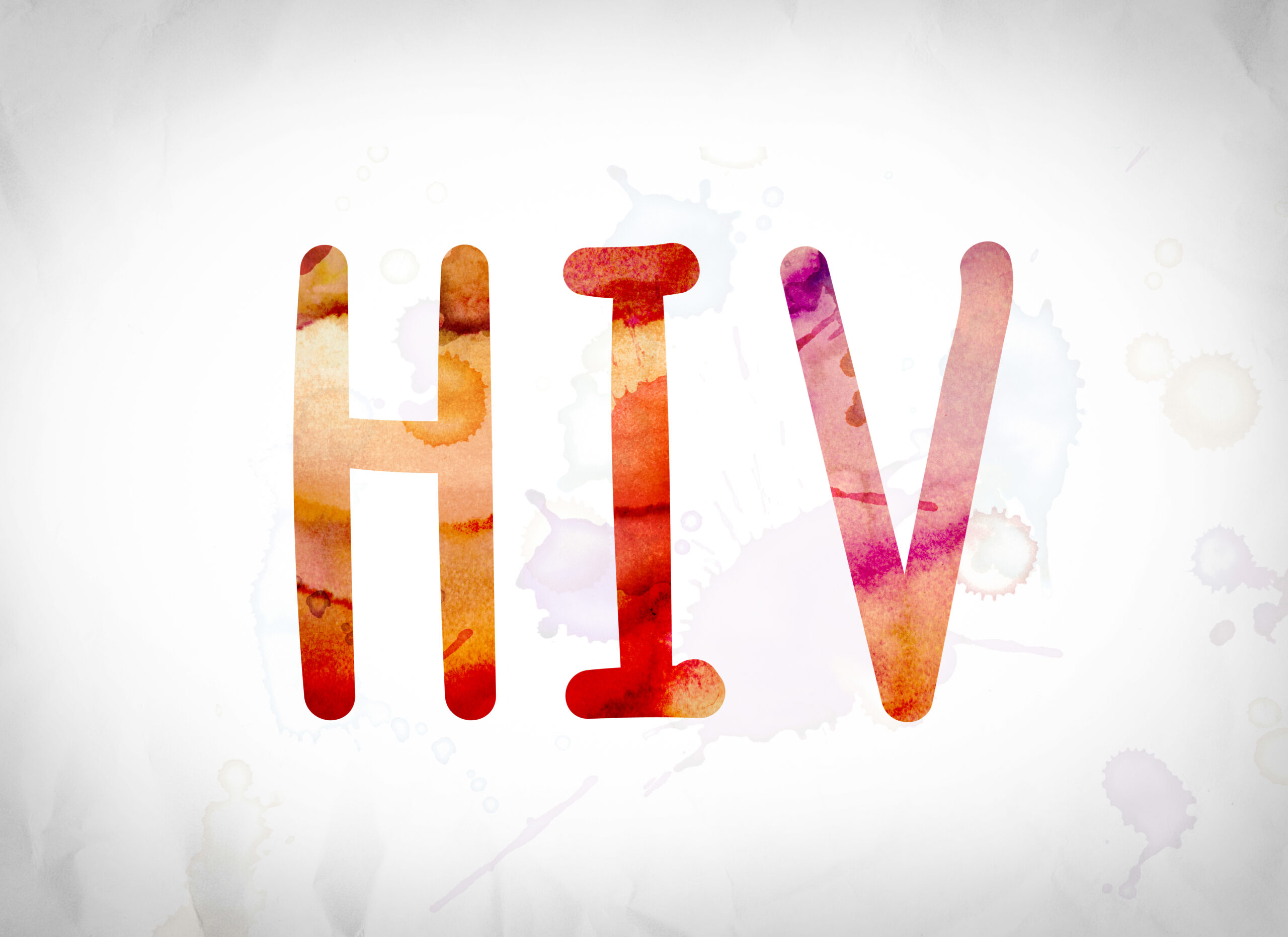
Four of 6 children born with HIV who were deemed eligible to have their treatment paused have remained free of detectable disease for over a year, according to the findings of an ongoing study presented this month at the Conference on Retroviruses and Opportunistic Infections in Denver, Colorado.
Children infected with HIV in utero, during birth, or through breastmilk must undergo lifelong antiretroviral therapy (ART) to prevent the virus’ ability to replicate, thereby preventing life-threatening complications. ART medications—which are given in liquid form to children—are a huge burden on families due to their unpleasant flavor, frequency of dosing, and rigid schedule. Moreover, ART medications are costly and come with a plethora of side effects.
Importance of ‘The Mississippi Baby’
Historically, an interruption in treatment has led to resumed HIV replication and detectable virus in the blood within weeks, according to researchers. However, in 2013, a case study known as “The Mississippi Baby” described an infant born with HIV in Mississippi who initiated ART treatment at 30 hours of life, was taken off ART at 18 months of age, and remained in remission with no evidence of detectable HIV for 27 months.
“This is the first study to rigorously replicate and expand upon the outcomes observed in the Mississippi case report,” said Dr. Deborah Persaud, the study’s lead virologist, who reported the Mississippi case.
“Moving away from reliance on daily ART to control HIV would be a huge improvement to the quality of life of these children,” said Dr. Ellen Chadwick, the study’s protocol chair, a professor of pediatric infectious diseases at Feinberg School of Medicine, and former director of the section of pediatric, adolescent, and maternal HIV infection at Lurie Children’s Hospital of Chicago, via a press release.
Promising Results
In this first-of-its-kind study, which enrolled 54 children—most of whom were international—6 children were deemed eligible for ART interruption. Four children showed completely undetected HIV for 48 weeks and longer; of those, 3 are still being followed in remission for 48, 52, and 64 weeks, respectively. The fourth child experienced remission for 80 weeks before their HIV rebounded to detectable levels.
“This remission was much longer than we had anticipated,” Dr. Chadwick said. “We’re not surprised or crestfallen if they rebound because that’s what usually happens when medications are stopped. If we can get the virus to such low levels that we might be able to use some newer, innovative treatments to keep them from needing medication every day, then we’re setting them up for success with long-term virologic control.”

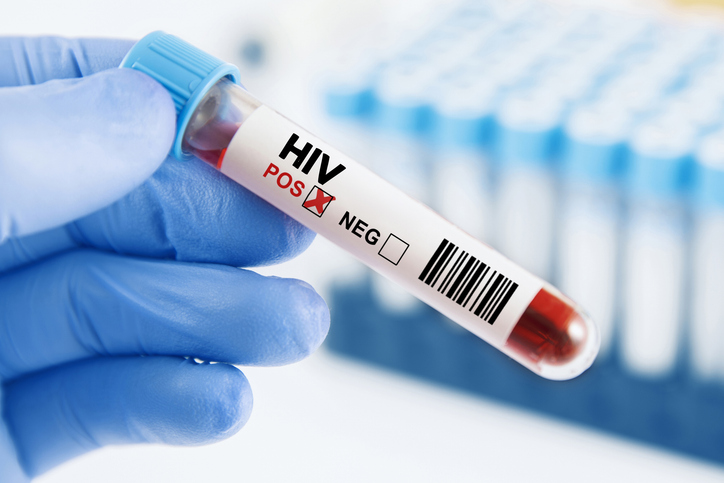
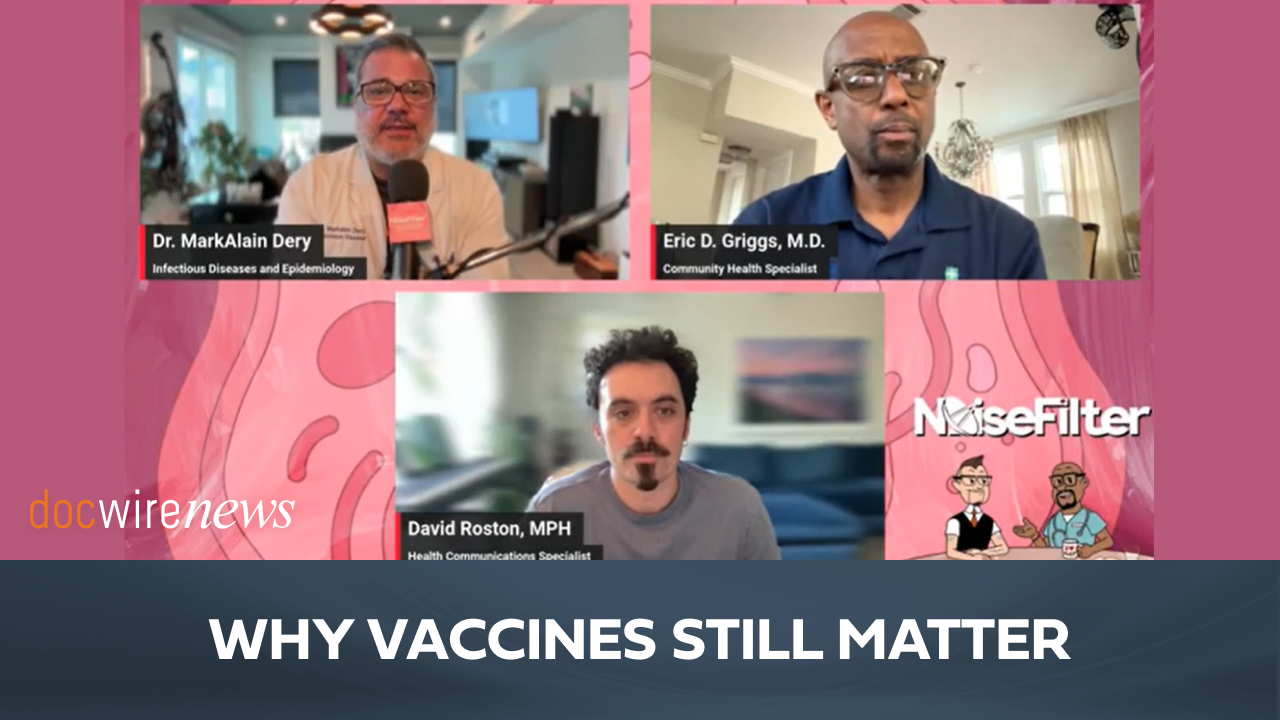
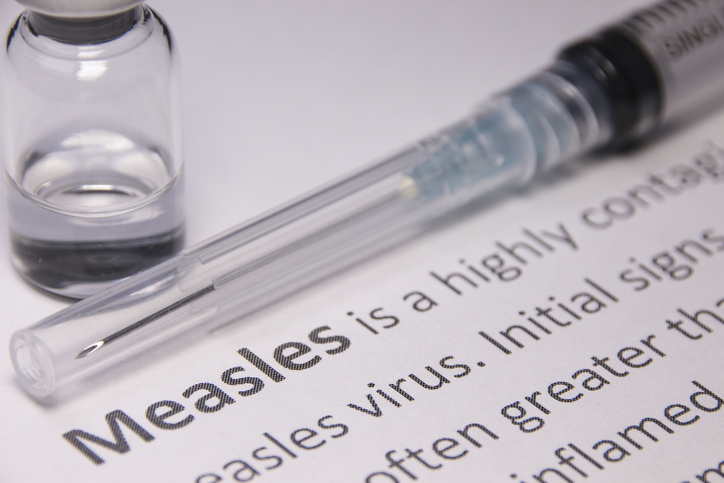

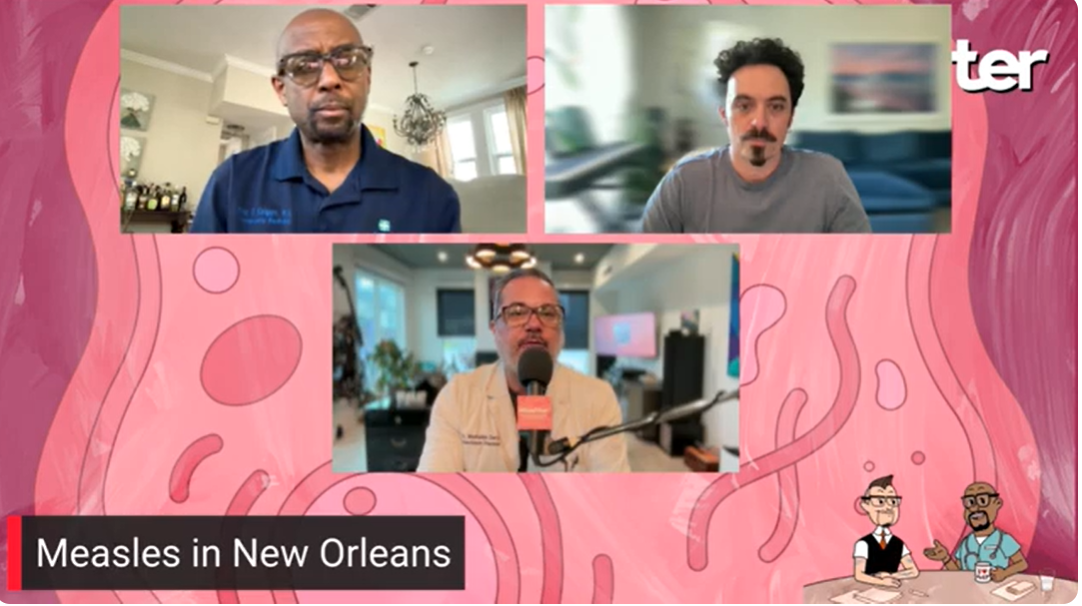

 © 2025 Mashup Media, LLC, a Formedics Property. All Rights Reserved.
© 2025 Mashup Media, LLC, a Formedics Property. All Rights Reserved.